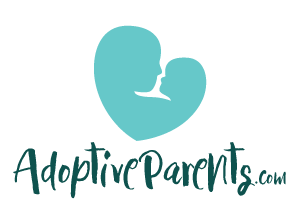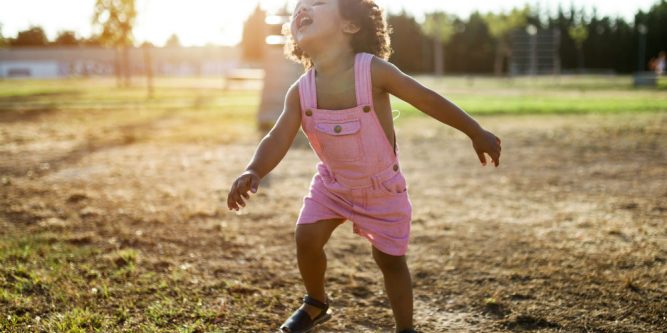I have had the fortunate experience to grow our family both biologically and through adoption. While being able to experience pregnancy and childbirth is indeed a miraculous experience, I have found that becoming a parent through adoption is its own kind of incredible miracle.
Adoptive parenthood brings a different set of lessons. Here are seven that I’ve learned since becoming an adoptive parent.
- Adoptive parents don’t see our children as adopted. They’re just our children. When you are the keeper of your child’s memories, when you deal with vomiting and poop and homework and picky eaters and medical appointments and birthdays and broken hearts and celebrations, you are a parent. Period. Not an adoptive parent, just a parent. And the love you feel for your child is just as big and deep as any biological children.
- Just like all biological parents parent differently, so do adoptive parents. Lots of adoptive parents subscribe to parenting methods described in The Connected Child by Karyn Purvis. Many disregard that and parent the same way that they were parented. Some cocoon with adopted kids for weeks or months. Some resume their lives immediately after their new child becomes part of the family. Just as there is no absolute right or wrong way to parent a biological child, the same is true for adoptive parents. They get to know their children and parent in the way that’s best for that child.
- Likewise, all adopted children are different. Some want to find birth families; some have no interest. Some want to talk a lot about their adoption; others don’t feel the need to speak about it. If they’re adopted from a foreign country, some are excited to embrace their birth culture; some would rather identify completely as whatever their adopted family’s culture is. There is no one-size-fits-all mold for adopted children.
- The heart of an adopted child is a heart that is always in transition. Different adopted children grieve for their birth families in different ways. For some, the fact that they are adopted, no matter what age it happened, was a seamless process and they are completely content with their adopted family. They don’t feel the need to search for the answers to questions about their birth family because they don’t have questions. For others, the fact that they are adopted is an ongoing trauma in their lives. They deal with feelings of inadequacy and abandonment and can spend a lifetime searching for their birth family. And while those are the ends of the spectrum, there are millions of points in between, millions of ways that children mourn the lives they had before joining their forever family. Wherever a child is on that spectrum, we need to honor each one individually and respect their feelings and their desires to know or not know more about their birth families.
- No one is entitled to know your child’s story unless you or your child wants them to know it. Our culture is obsessed with knowing details and people assume that they have a right to know about your child because they joined your family in a unique way. That’s simply not true. Often adoption is born out of trauma, and your child’s history is theirs to share with whomever they decide at whatever time they are ready.
- Becoming an adoptive parent turned me into an adoption advocate. That wasn’t something I anticipated as part of the adoption process. But our adopted children have brought us so much joy that I find myself talking about adoption every chance I get, hoping others will be inspired to open their hearts to other kids who need homes so that they can know the same joy that we do.
- It really does take a village to raise a child. That saying has been around forever, but it’s hard to argue the importance of it if you’re raising a child who is a different race than you. If you adopt transracially, you should be prepared to ask for help from those who are the same race as your child. They understand your child’s life experiences in ways that you will never be able to, and they can help your child deal with everything from different-textured hair to feelings of isolation that come from being a different race. Don’t be afraid to seek out a community of people who look the same as your child to help your child feel connected in a different way.
No matter how you adopted, you are fortunate to be part of a community of parents whose children grew in our hearts long before they occupied our arms. Each one of our children deserves the most love we can offer and each deserves to be treated uniquely as the special child each one is.





